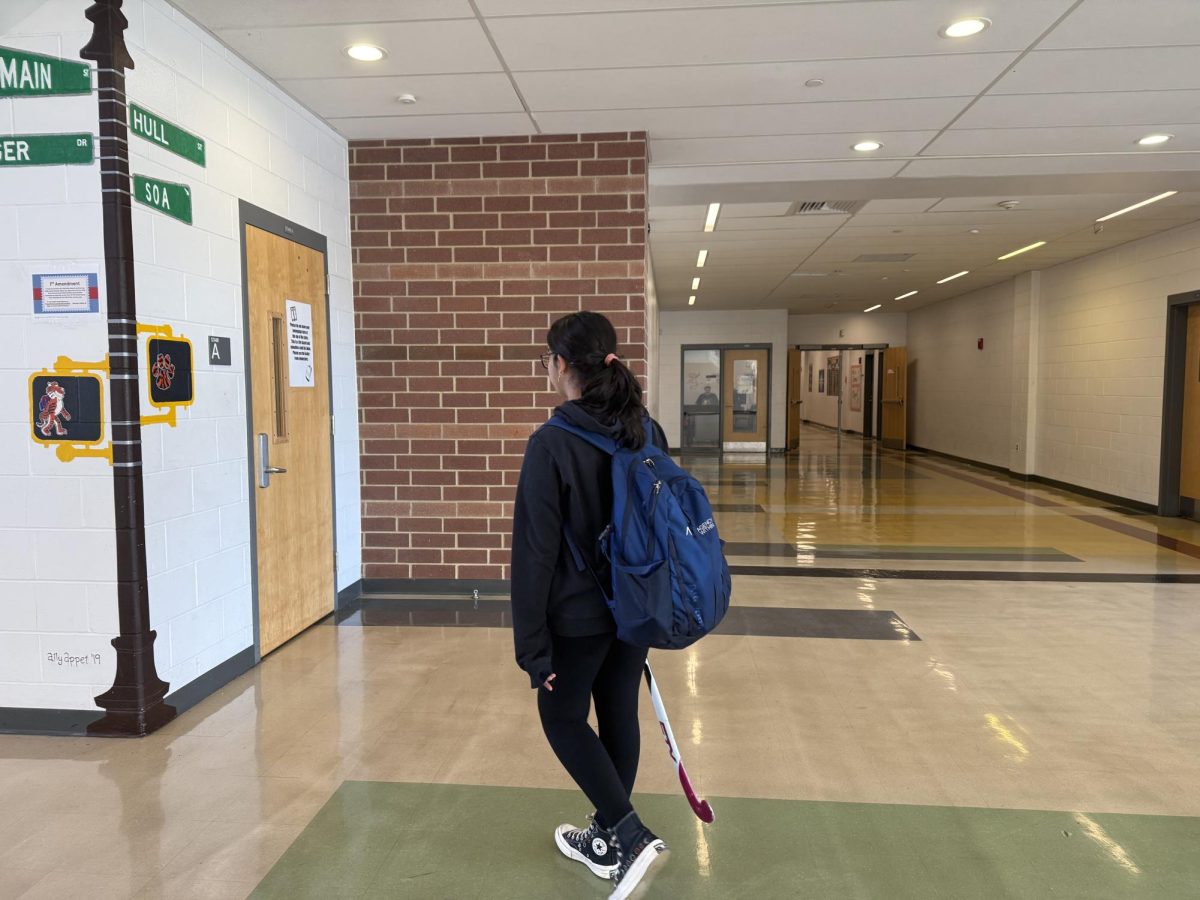
They could have used the Internet or their textbooks, or they could have asked their parents. The one thing students in a government class at Harvard could not do was collaborate with other students on their take-home exam.
Unfortunately, almost half of the students worked with each other.
Cheating is a moral issue that touches all students at all schools.
Many students feel that if they do not get caught cheating, then their actions are justified. Basically, they believe the end justifies the means.
In one of my classes, we have two-day tests, and students are allowed to use the Internet and their textbooks to look up the answers for questions that are on the test. The one thing we could not do was talk to other students about the test, which is like the situation at Harvard. However, fewer than 30 seconds after day one of the test ended, I heard other students chatting freely about the exam.
In a 2006 Josephson Institute study, 60 percent of high schoolers reported cheating on tests. However, 92 percent of students said they were satisfied with their morals. With so many students cheating, people begin to think cheating is an acceptable behavior.
Cheating is more than morally wrong. It can have long-term effects on students’ lives. According to the Josephson Institute study, 56 percent of business students and 48 percent of students in education admitted to cheating. Students are cheating in high school and continuing to cheat in graduate school and college. This means that people receive jobs without learning all the material necessary for their work.
Cheating is wrong because it unfairly bolsters students’ grades. In addition, students do not feel that they need to learn as much when they have the option of cheating.








































